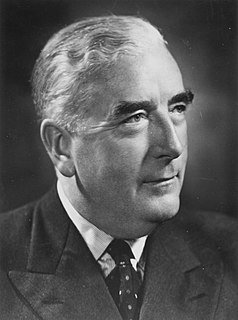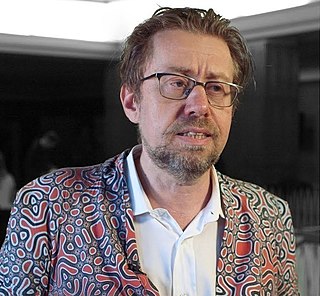A Quote by Nick Clooney
In economic panics throughout history, the wiping out of the savings accounts of lower earners and the middle class has often led to social revolution, sometimes violent upheavals.
Related Quotes
The dominant, almost general, idea of revolution - particularly the Socialist idea - is that revolution is a violent change of social conditions through which one social class, the working class, becomes dominant over another class, the capitalist class. It is the conception of a purely physical change, and as such it involves only political scene shifting and institutional rearrangements
The free enterprise concept inherent in the economic model of capitalism should mean common people, or lower and middle class wage-earners, have greater potential to rise up and gain financial independence. In reality, however, free enterprise all too often leads to an almost total lack of government regulation that in turn allows the global elite to run amuck in Gordon Gecko-style financial coups.
The word 'revolution' first brings to mind violent upheavals in the state, but ideas of revolution in science, and of political revolution, are almost coeval. The word once meant only a revolving, a circular return to an origin, as when we speak of revolutions per minute or the revolution of the planets about the sun.
The contented and economically comfortable have a very discriminating view of government. Nobody is ever indignant about bailing out failed banks and failed savings and loans associations... But when taxes must be paid for the lower middle class and poor, the government assumes an aspect of wickedness.

































